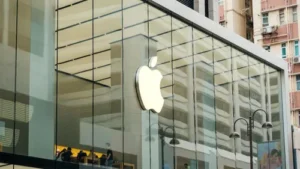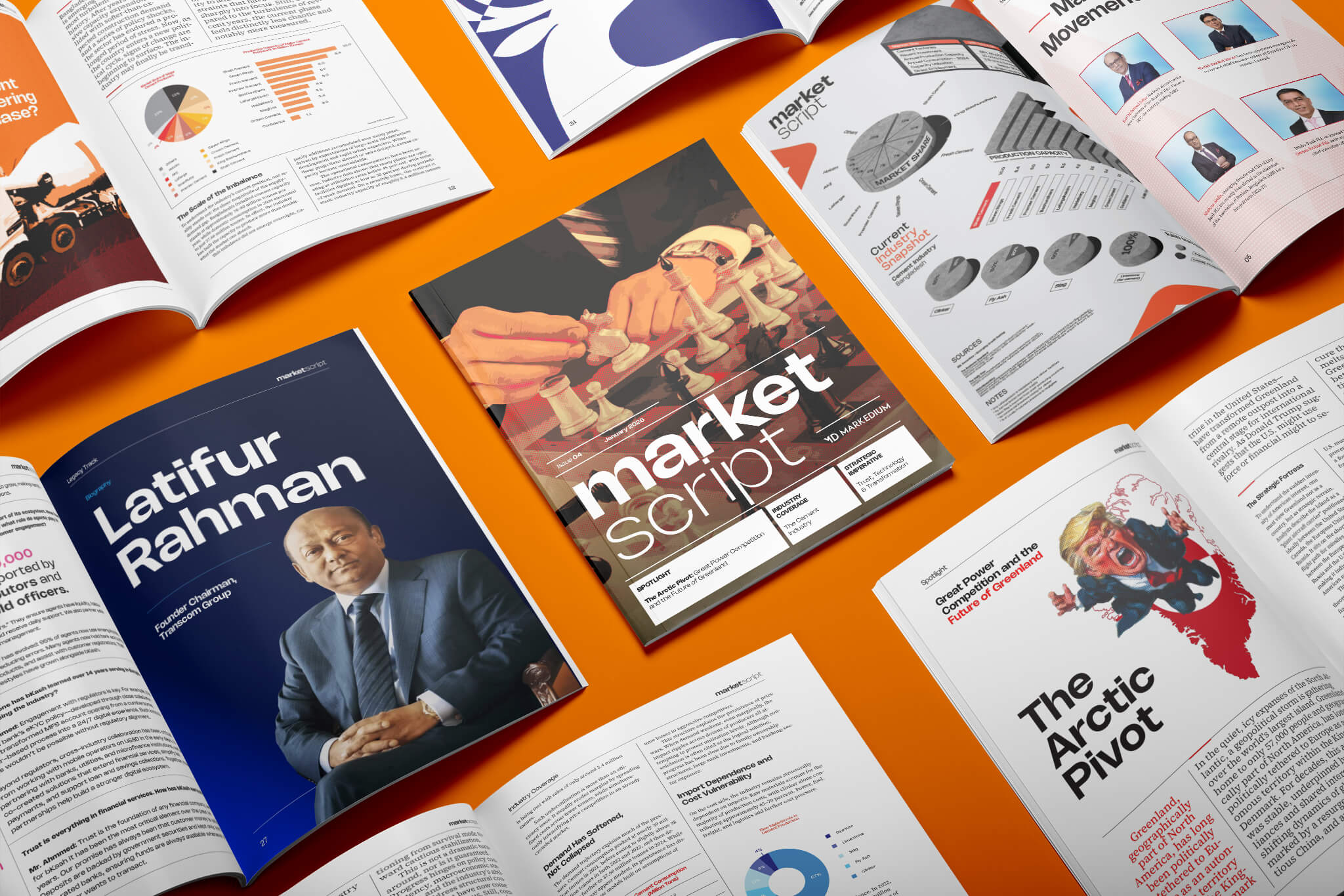In a compelling conversation with PoliticsJOE, Yanis Varoufakis—economist, author, and former Greek finance minister—dissects the motivations and mechanics behind Donald Trump’s recent tariff war, branding it less as a spontaneous move and more as a calculated reshuffling of the global order. Through his lens, Trump’s actions mirror historical patterns, with a dangerous blend of opportunistic populism and economic strong-arming.
Tariffs, Power Plays, and the Echoes of Nixon
Varoufakis is quick to debunk the surprise many feel about Trump’s tariffs and nationalist economic policies. According to him, the U.S. is merely reverting to a historical script. He draws a sharp parallel between Trump’s “Liberation Day” tariffs and Richard Nixon’s infamous 1971 move to end the Bretton Woods system. Just as Nixon weaponized the U.S. dollar and triggered the oil crisis to maintain American dominance, Varoufakis believes Trump’s tariffs are a new form of economic nationalism aimed at achieving similar goals: devalue the dollar without losing its reserve currency status and reassert U.S. control over global trade—at everyone else’s expense.
)
Interestingly, Varoufakis points out that Trump’s maneuvering isn’t lacking in intent. Rather, it is deeply calculated, with exorbitant tax cuts for the rich acting as the second shot from a double-barreled shotgun. He predicts a cycle: initial market panic from tariffs, followed by a euphoric rebound fueled by fat-cat tax breaks.
Populism + Financial Elites
In a scathing critique, Varoufakis argues that Trump’s tactics align with a historical fascist playbook. Drawing from early Nazi rhetoric, he notes how demagogues first adopt the language of economic justice, appealing to disillusioned working and middle classes. Then, once in power, they pivot and ally with the very elites they criticized—as seen when Trump appointed Wall Street insiders to top cabinet roles.
This paradox, he argues, is not hypocrisy but strategy. Trump critiques globalization to gain popular support, only to reinforce a new version of it: a financialized empire ruled by bilateral deals and corruption-fueled advantage.
Global Fallout: Who Wins, Who Loses
According to Varoufakis, neither the U.K. nor the E.U. is prepared for the shockwaves. Britain, hollowed out by decades of Thatcherite policies that transformed it into a debt-driven, financialized economy, lacks a viable industrial base to absorb further shocks. The U.K.’s economic model is, in his words, a “slow-burning Ponzi scheme”—one now exposed by Trump’s aggressive tactics.
Read more: Polite AI Prompts May Be Costing Millions in Power, Says OpenAI CEO
Germany and continental Europe fare no better. Their commitment to austerity has stifled domestic demand and investment, leaving them technologically behind emerging industrial leaders like China. With zero net investment in Germany for over 15 years, Varoufakis warns that even industrial titans like Volkswagen cannot now compete with China’s BYD.
Only two players, he says, have the resilience to recover: the U.S. and China. The former due to its relatively closed economy and adaptive capital markets; the latter through a growing internal market and a strategic pivot to domestic consumption. Everyone else, particularly smaller economies and peripheral allies, risks being collateral damage.
The Real Crisis: Lack of Imagination, Not Resources
In Varoufakis’s eyes, the real failure isn’t Trump’s aggression but the passivity of the center-left, particularly in the U.K. and Europe. He laments how leaders like Keir Starmer and Rachel Reeves offer no alternative vision, relying instead on tired austerity logic, tax tweaks, and benefit cuts.
The absence of a radical investment-led recovery plan—like the one proposed by Jeremy Corbyn and John McDonnell—means that financial speculation continues to dominate over real economic production. The “technofeudal” future he warned about is accelerating, where vast fortunes accumulate in digital monopolies, untouched by democratic oversight, while the public grows more cynical and disengaged.
The Real Battle Is Over the Dollar, Not Tariffs
Beneath the surface of trade skirmishes and populist rhetoric lies a deeper conflict: the future of the U.S. dollar as the world’s reserve currency. Trump, like Nixon, is attempting to rewrite the rules of the global economy. But instead of multilateral diplomacy, he opts for coercive bilateralism, turning international trade into a casino where only the house wins.
The irony, as Varoufakis points out, is that while many decry Trump for destroying the liberal economic order, that very order was birthed by Nixon’s shock—a cynical power move dressed up as reform.
Varoufakis’s final message is clear: what we’re witnessing isn’t chaos—it’s a strategy. And if democratic institutions don’t rise to the occasion with bold alternatives, they will find themselves forever reacting to shocks engineered not by madmen, but by coldly rational empires seeking to retain control at all costs.
You can watch the session here by Yanis Varoufakis
For more updates, be with Markedium.










































Leave a comment